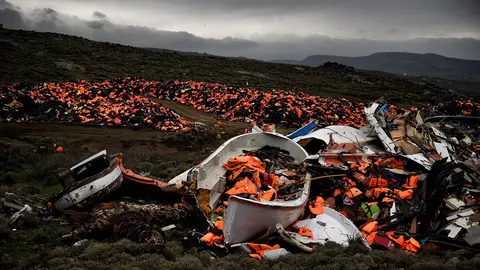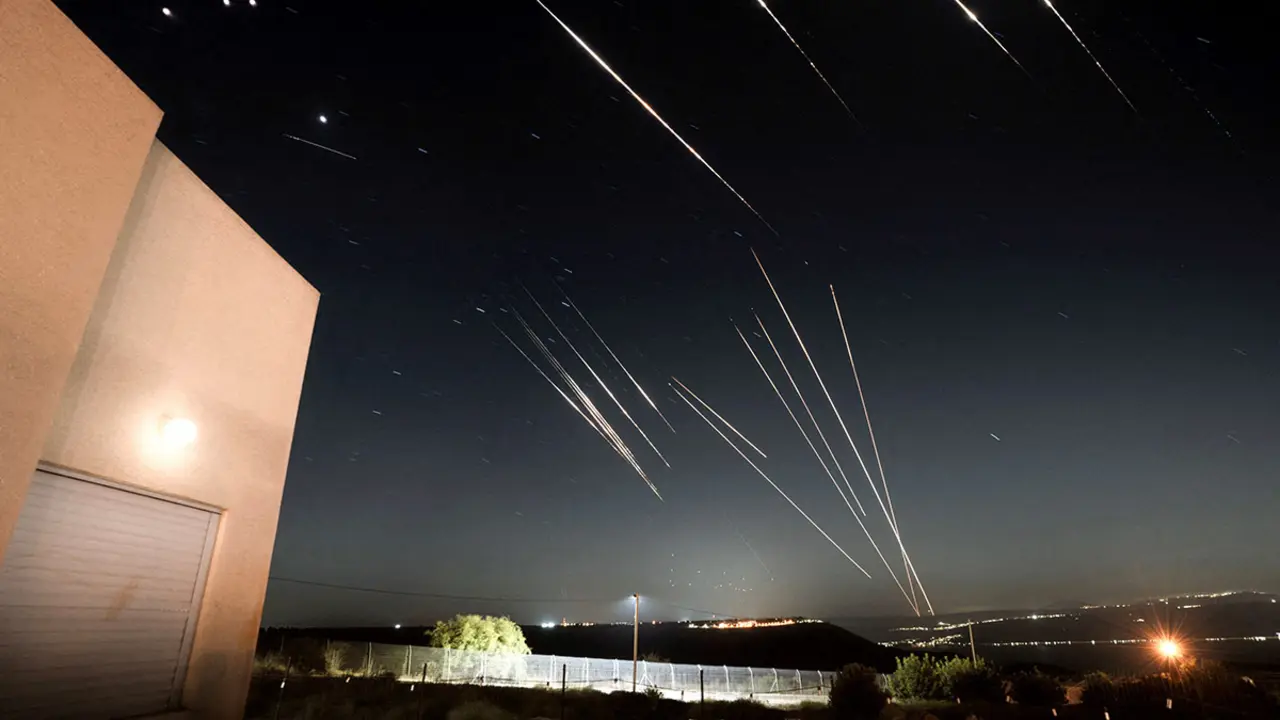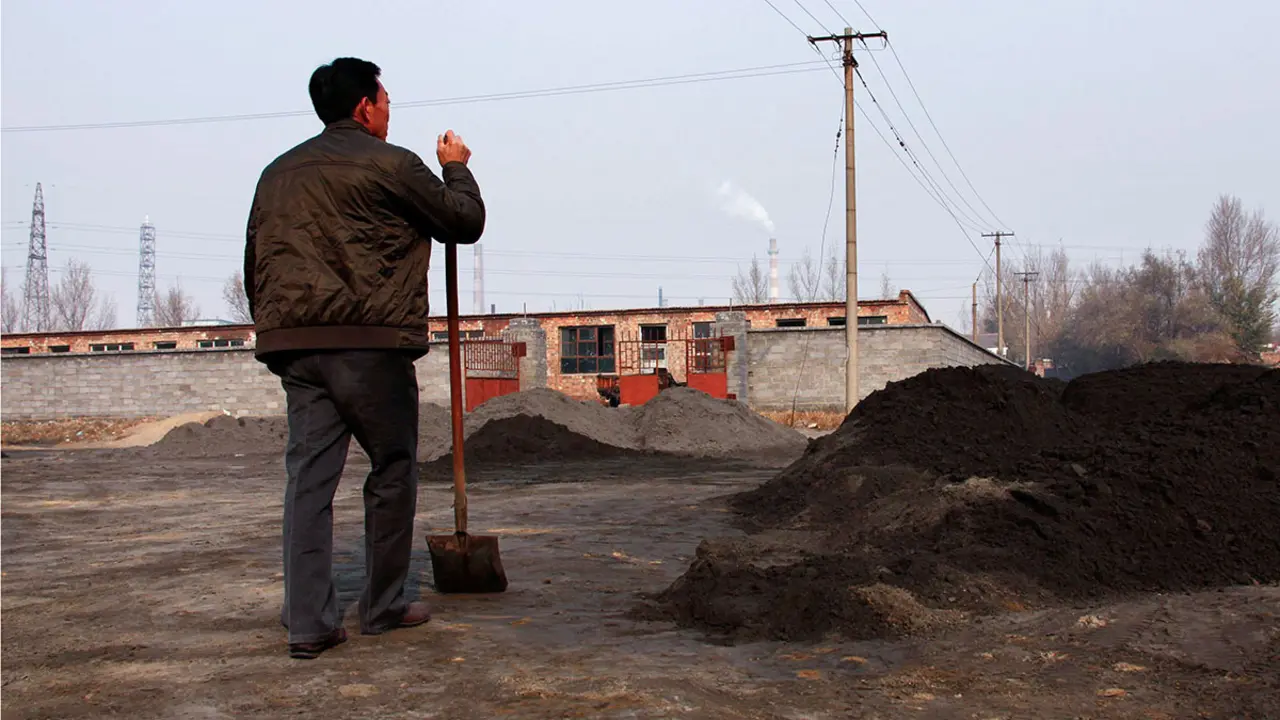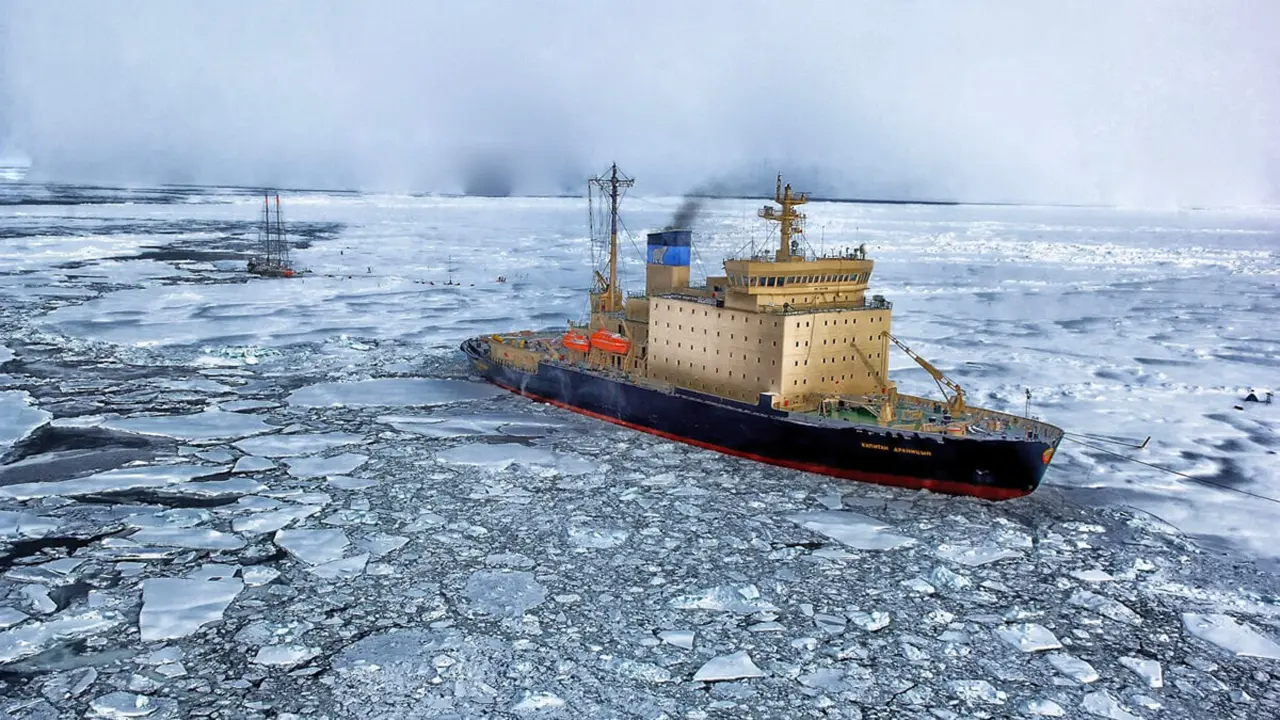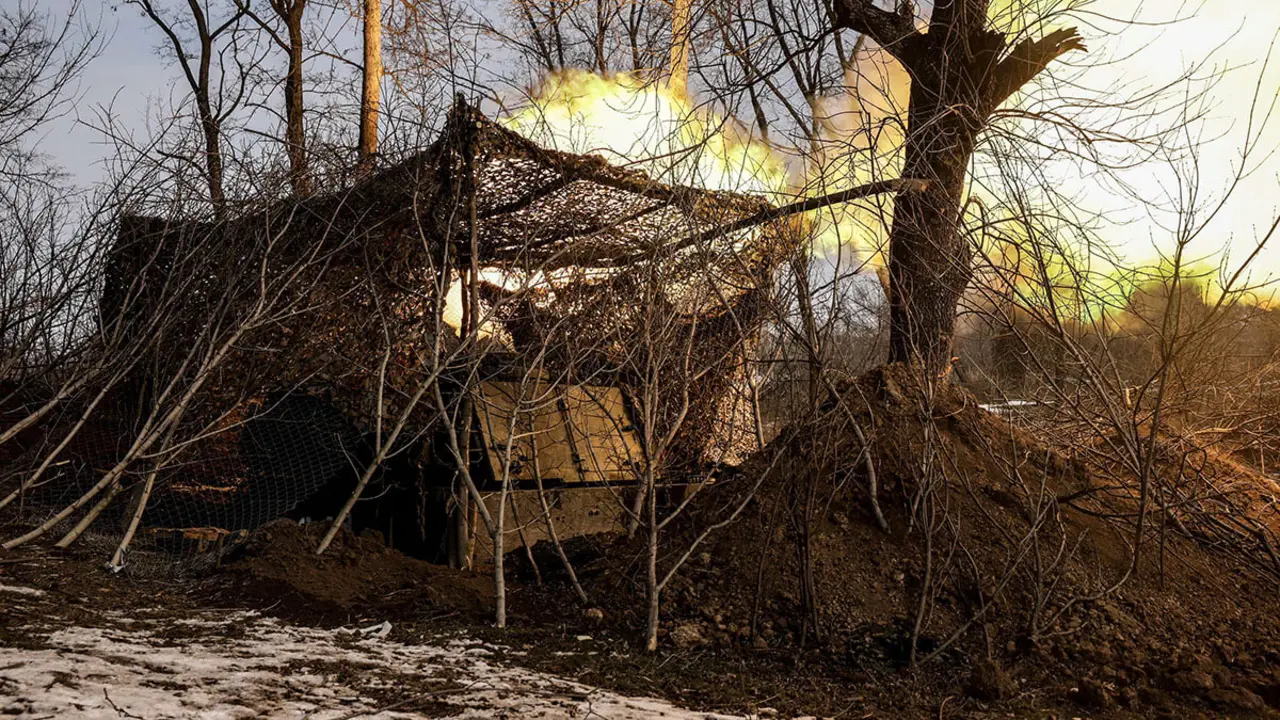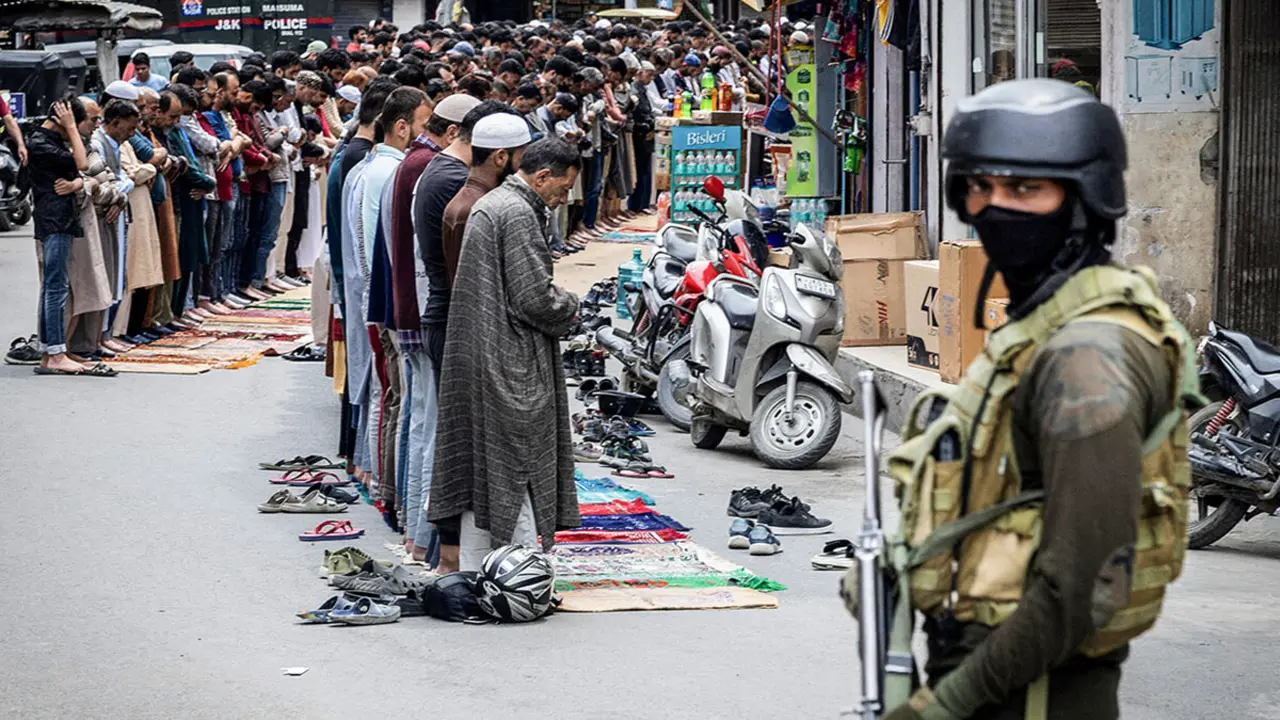10 years after the Lampedusa tragedy

The measures adopted in terms of migration policy by countries such as Malta and Italy have not prevented the Mediterranean from becoming a huge tomb for more than 28,000 people over the last decade.
Ten years after the great shipwreck of Lampedusa, which ended with 368 migrants drowned just a mile off the coast of the Italian island, the dramatic story repeats itself over and over again: every evening, every early morning, at different coordinates in the Central Mediterranean, from Libya or Tunisia towards Europe. This year alone, according to data from the International Organisation for Migration (IOM), more than 2,300 people have drowned on this dangerous migration route.
On that dark dawn of 2-3 October 2013, a huge barge full of people - mostly from Eritrea - was shipwrecked as they were about to reach the island of Lampedusa.
Lampedusa hero says many more lives could have been saved
A mile off the coast of Lampedusa was Vito Fiorino, an ice-cream man who closed his shop that evening and went out to sea with some friends to fish. He was the first to realise the tragedy and, without hesitation, jumped into the sea and saved 47 of the 155 survivors. That fateful morning, which he will never forget, marked his life forever and now all his neighbours know him as the hero of Lampedusa.
This is how it all happened. When Fiorino and his friends woke up that morning with the first rays of light, they started to hear screams, they walked and from the bow they witnessed "a terrifying scene". He describes how they saw "about 200 people calling for help and screaming with their arms raised". "We were overcome with fear, but we started to save them. They were naked, they were slipping because they were covered in fuel". But it doesn't end there. According to the 73-year-old, two grey boats approached them with no desire to help, shone blue lights on them, which Fiorino attributes to the police, and he says they took several photographs of them and turned away. "They intended to save them the next morning," is what Vito Fiorino has been denouncing for years.
Then things got worse. The driver of the boat, seeing water coming in, smeared a T-shirt with fuel to send out a desperate emergency signal. And a fire broke out. "I saw how women and children became human torches. They all crowded to one side and the barge capsized. Fiorino admits that that moment left an "indelible mark" on him. Some 520 people were on the belly of that barge.

He saved dozens of migrants from certain death at sea
Now, ten years later, Vito Fiorino is calling for justice. "I feel very angry. Those people could have been rescued, but the indifference of two probably military vessels meant that 368 people did not arrive at dawn," laments the ice-cream man. "We had nothing to do. If the authorities had behaved as we behaved, the tragedy would probably have been much less".
Few lessons learned
The images of hundreds of coffins piled up on Lampedusa that circled the globe in 2013 came close to turning European migration policies upside down. However, all efforts to prevent new shipwrecks have been in vain because - according to the International Organization for Migration (IOM) - more than 28,000 people have lost their lives in the Mediterranean in the last decade, 24,000 of them in the Central Mediterranean. In 2023 alone there are more than 2,300 dead or missing on this route, and UNICEF warns that from June to September at least 289 children drowned.

"Saving lives is the priority", is the mantra that the International Organisation for Migration (IOM) is forced to remember. The IOM, UNHCR and UNICEF have repeatedly called for more resources from the EU to carry out proactive and coordinated search and rescue operations. They say it is essential that governments rely on non-governmental organisations operating in the Mediterranean, in some cases persecuted and sanctioned for saving lives.
The problem remains unresolved because "Europe has not taken steps forward", warns the former Italian prime minister in 2013, Enrico Letta, who also regrets that many countries are unwilling to tackle this issue collectively on migration issues. And he accuses them of having "a lack of solidarity and awareness" in the face of a problem that is everyone's problem.

European migration policies do not go far enough
The Lampedusa shipwreck marked new lines of action in migration policies in the Mediterranean, albeit for a short time. Following the tragedy of 3 October 2013, rescue operations coordinated between the Italian and European authorities were launched to prevent further shipwrecks, but history has shown that they have been insufficient as long as 2,000 deaths continue to be recorded each year in the so-called Mediterranean mass grave. In this case, countries such as Italy and Malta tightened their migration policies, see the example of Giorgia Meloni in Italy and her predecessor in office.
Today, a decade after that disaster, things have not changed much on the high seas or on land. Lampedusa, unfortunately, is once again in the news because of a level of overflow that its inhabitants can no longer bear: with a population of around 6,000 inhabitants, they have received more than 12,000 migrants in just a few days. In 2023, approximately 70% of the disembarkations have taken place on this small Italian tourist island, causing serious problems of coexistence. The reception centres are overcrowded, transfers to the mainland are urgently needed, and few decisions are being taken at the European level, with the European Pact on Migration and Asylum blocked by Italy. Little progress has been made in ten years in which, according to humanitarian organisations working in the area, we have learned nothing.

Our homework as Europeans has piled up
Criticism of European migration policies is growing louder these days on the occasion of the tragic anniversary. Médecins Sans Frontières deplores the fact that the Lampedusa shipwreck "has only served to kick off a terrible death toll since then and the progressive implementation of a series of measures that have proved to be terribly ineffective and inhumane".
Saving lives is the priority
Médecins Sans Frontières also denounces that since the end of the "Mare Nostrum" mission, which lasted just over a year, the Italian and European authorities have not taken a single measure to strengthen maritime rescue operations to prevent further tragedies in the waters of the Mediterranean Sea. The very high number of drownings each year, says the NGO, is a "clear demonstration that search and rescue action at the initiative of Member States is not only necessary, but indispensable and urgent". Humanitarian organisations agree that it is a priority for Europe to focus on saving lives by providing safe and legal migration routes, and to commit to dismantling the deadly illegal routes encouraged by mafias and traffickers.

